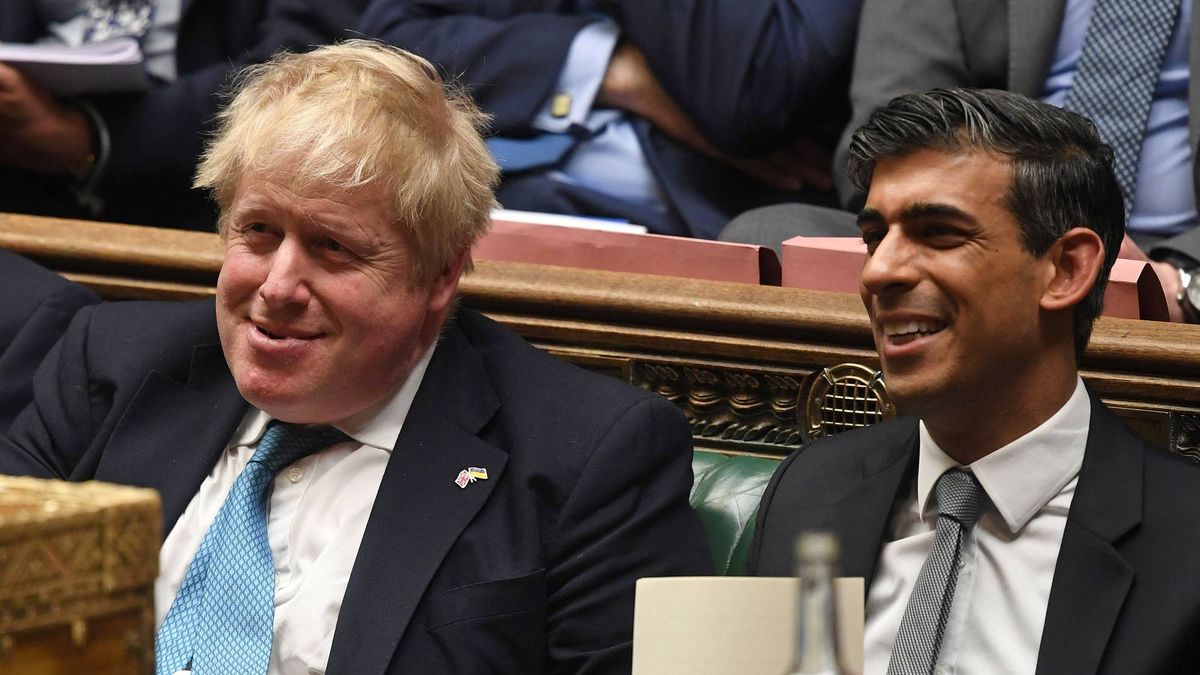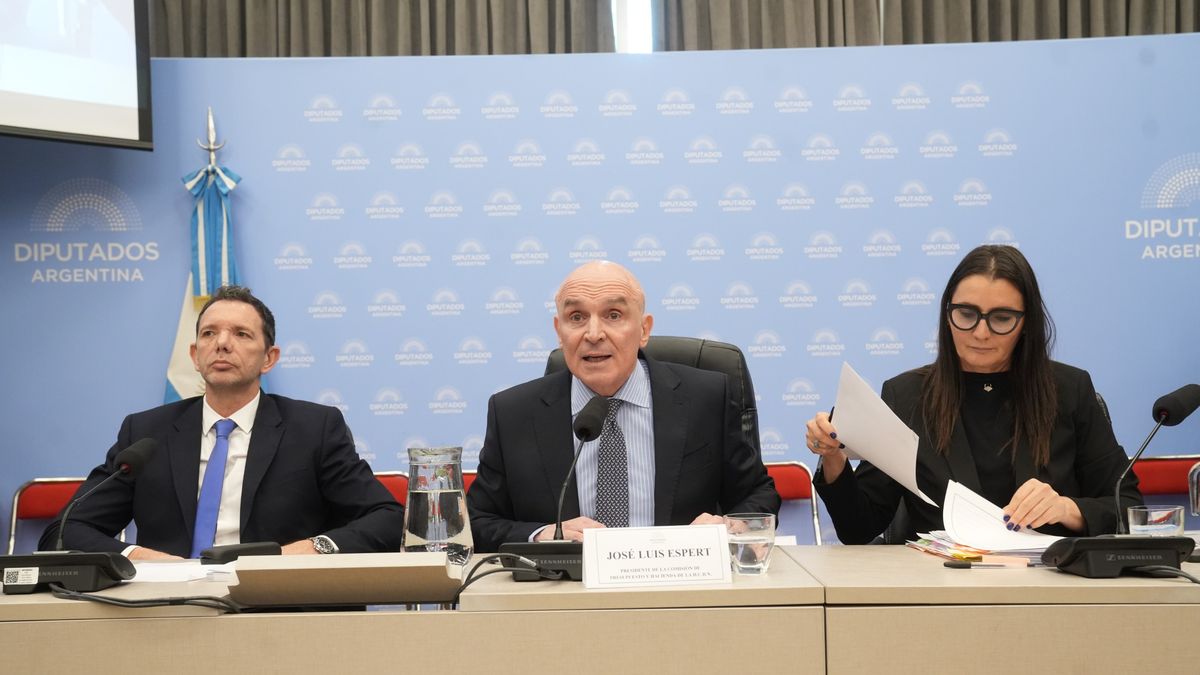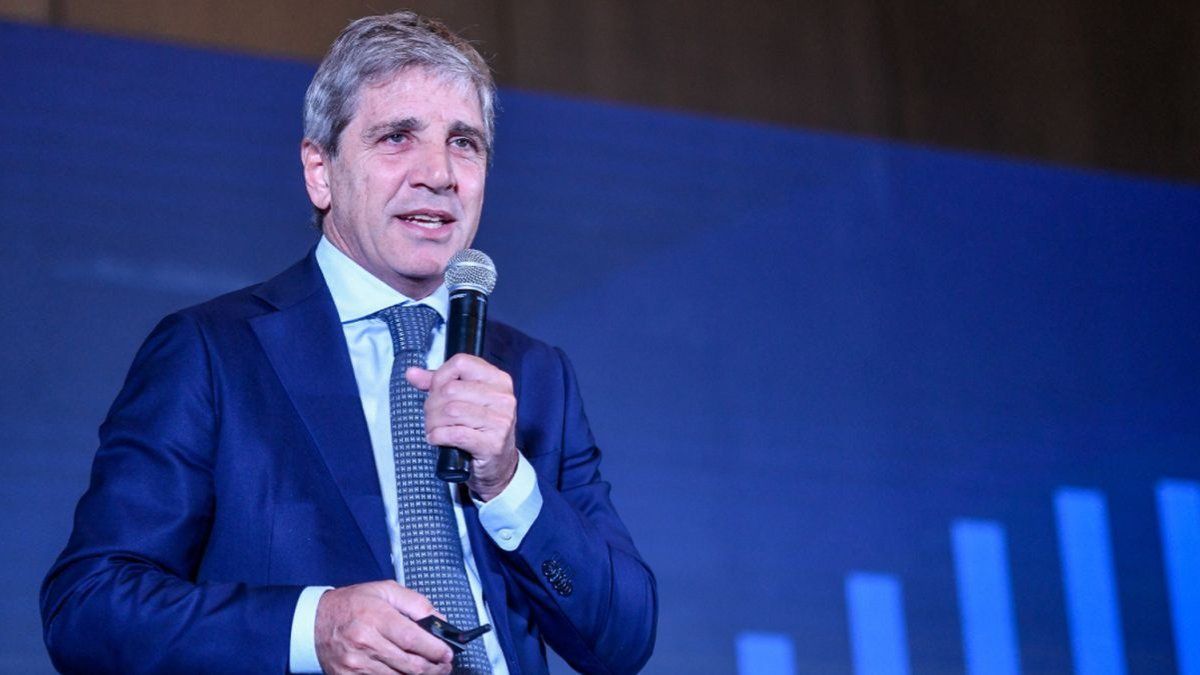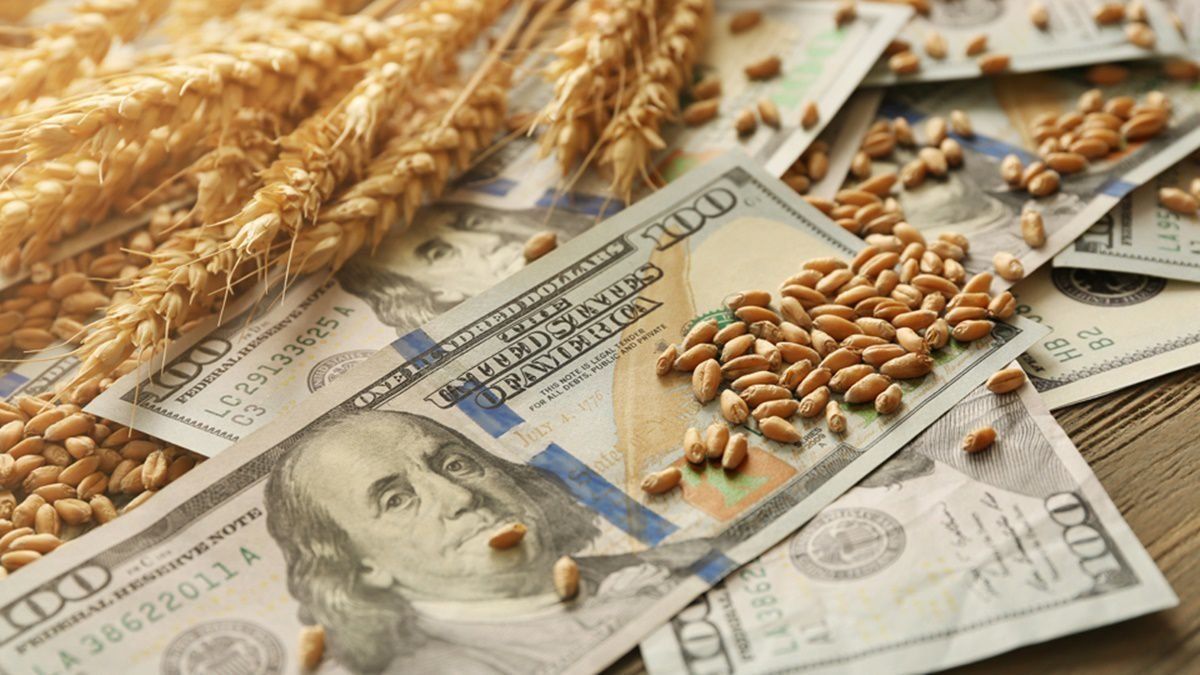In a speech before Parliament, the Minister of Finance, Rishi Sunakassured that this aid package will allow the most disadvantaged Britons to “feel that the weight is lightening” of an inflation that reached 9% in April, a record in the last 40 years.
The oil and gas sector is reaping windfall profits, not because of extra risk-taking or efficiency, but because of rising energy prices as a result of the war in Ukraine.
Sunak introduced the tax, which will be set at 25% according to The Guardian, as a “temporary tax on specific energy benefits.”
“This euphemism for windfall profits tax draws laughs” from the Labor opposition.
Johnson’s executive explained that the measure implies a “middle way” because in addition to the tax on extraordinary income, which will be temporary, there will be an incentive for investment in the sector.
Companies that invest will get tax breaks on 90% of their investments, the minister said.
“It will be temporary and when oil and gas prices return to historically more normal levels, the tax will be phased out,” he explained.
The aid package is completed with various types of subsidies in the United Kingdom.
“Nearly one in eight of the UK’s most vulnerable households will receive at least £1,200 this year, including a one-time cost-of-living grant of £650, an increase in allowances of £400 and a doubling of the discount on energy bills” in October, said his ministry.
All households, regardless of income, will receive a £400 grant.
Reluctant to these measures, in recent weeks, the executive of Boris Johnson defended that he had already allocated 22,000 million pounds to help the most disadvantaged to face inflation, an amount that unions and associations fighting poverty reported as insufficient.
The Conservative Prime Minister and his ministers have long been opposed to this exceptional tax, arguing, like the energy giants themselves, that it could undermine investment in renewable energy and the transition to carbon neutrality.
But after Wednesday’s publication of a report holding British culture leaders responsible for allowing numerous illegal parties to take place in Downing Street during the Covid-19 lockdowns, Boris Johnson, who refuses to resign, seemed willing to bow to pressure.
Stephen Barclay, a senior government official, denied on Thursday, in statements to the Sky News channel, that the timing of these announcements was intended to silence the scandal, and assured that the Treasury had made them coincide with the announcements of the authority of the British electricity, Ofgem, on the increases planned in October of the maximum legal ceiling of the tariffs.
Ofgem announced on Tuesday that the maximum price of energy could increase by more than 40% in October, that is, 800 pounds (1,000 dollars, 930 euros) more a year per household.
According to a YouGov survey of 1,755 adults, one in five Britons (22%) say they struggle or cannot make ends meet, an increase of 12 percentage points from May 2021.
Source: Ambito
David William is a talented author who has made a name for himself in the world of writing. He is a professional author who writes on a wide range of topics, from general interest to opinion news. David is currently working as a writer at 24 hours worlds where he brings his unique perspective and in-depth research to his articles, making them both informative and engaging.




